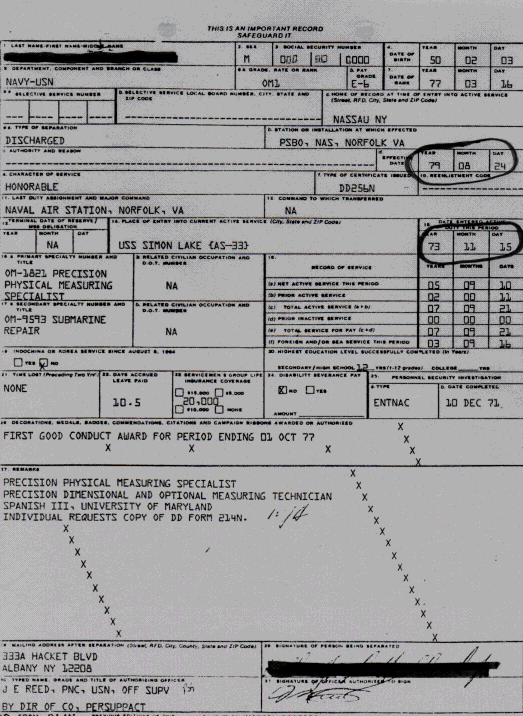Table of Content
First, lenders charge higher interest on second mortgages than on loans in the first lien position. As fixed installment loans, they also don’t allow any flexibility to repay at your own pace or to draw more money as needed. Note that most conventional mortgage lenders don’t allow you to borrow any part of the down payment. Like all mortgages, the lender attaches a lien against your property. Then you make regular monthly payments as an installment loan until paying off the balance in full.

One is a home equity loan and the other is a home equity line of credit, also known as a HELOC. Tapping into your current home’s equity to purchase another house is definitely possible for qualified borrowers but there are some factors to consider first. Here’s a look at whether you can use your current home’s equity, what this process entails, and whether it’s the right move for you. Like home equity loans, unsecured personal loans may allow you to find funding that you can put towards a second home. Compared with home equity loans, however, most personal loans will include higher interest rates and lower borrowing limits. If you use a home equity loan or refinance your original mortgage to purchase your second home, you are putting both your primary residence and second home at risk of foreclosure.
Using a Home Equity Loan To Buy an Investment Property
When using equity to buy a new home, you’ll have to pay closing costs, which can range from 2% to 5% of the loan amount. If you’re comfortable taking funds out of your retirement accounts, you can put them toward a down payment on a second property. To avoid fees or penalties for withdrawing from retirement funds early, see if you can borrow from the fund and pay it back to yourself with interest. The lines between a second home and investment property may seem a bit fuzzy at times, so it’s important to clarify your goals. You’ll get a better idea of your budgeting needs, submit a more accurate loan application, and avoid headaches later down the line. To get a home equity loan, you’ll generally need at least 15% – 20% equity in your home.

Like a home equity loan, a home equity line of credit also lets you borrow against the value of your home. Instead of a lump sum, however, HELOCs distribute funds via revolving credit so you can take out funds as you need them and only make payments on what you actually borrow. Sometimes referred to as a second mortgage or home equity installment loan, a home equity loan is a lump-sum, fixed-term loan using the equity in your current home as collateral. Like any loan, you pay back what you borrow plus interest by making payments according to the loan’s terms. Whether you’re looking for a summer cabin or investment property, it’s worth exploring home equity loans. We’ll dive into how home equity loans work and the advantages and disadvantages of using equity to buy a second property.
Evaluating Loan Options
Because of this, a home equity loan can be safer than a HELOC if your HELOC has a high balance. With a HELOC, there’s an additional risk that rates could rise to the point that you can’t afford your monthly payment. Figure has a brief online application process, no closing costs, and no appraisal. If you’re buying an investment property, you’ll need to have a minimum credit score of 680; if it’s a primary home, minimum credit score requirements are 640 in most states.

Home equity can be a great source of funds when you need a large, lump sum of cash, such as when you’re buying another home. However, you may have to pay several thousand dollars in closing costs, so you won’t walk away from the deal with the full 85%. Like regular mortgages, home equity loans are secured by your home, so you will be putting it at risk if you’re unable to repay the loan. If you’re interested in using home equity to purchase a new home, the value of your house will need to be high enough to support the loan, and you’ll have to meet your lender’s requirements. Each week, Zack's e-newsletter will address topics such as retirement, savings, loans, mortgages, tax and investment strategies, and more.
Taking Out a Home Equity Loan for the Wrong Reasons
You’ll receive your funds in one lump sum that is repaid in installments. Cash-out refinancing is useful if you already want to change your mortgage because interest rates have dropped, or the repayment term has decreased. Use our Cash Out Refinance Calculator to see how much cash you can get out of your home. In competitive real-estate markets, it is important to have easy access to funds while purchasing a second home. If you are wondering whether you can use equity to buy another home, the answer is yes. A home equity loan is a low-cost, convenient way to facilitate this purchase and cover a large portion of your down payment.
Although it’s not likely that a home equity loan will directly lead to an underwater mortgage, you will be at a higher risk due to owing more on the property. There’s no set time limit for how soon you can sell your house after taking out a home equity loan. However, in any mortgage transaction, paying off liens is necessary to sell the property.
Taking Out A Home Equity Loan To Buy Another House: FAQs
Of course, you’ll now have more debt and higher monthly mortgage payments. Interest rates on primary residences are usually lower than on investment homes, because lenders work on the premise that you are less likely to default on loans tied to your primary home. You can tap into your existing home equity by taking out a cash-out refinance loan.
Ziraldo is a financial writer and data journalist focused on creating accurate, accessible and educational content for future generations of home buyers. Her portfolio of work also includes The Detroit Free Press and The Huffington Post. See expert-recommended refinance options and customize them to fit your budget.
However, all these debt relief options have an eligibility requirement. Unless you’re able to qualify for them, it may be hard to get back on track with your mortgage debts. With a cash-out refinance, you’ll take out a mortgage for a higher amount than what you owe on your home. You’ll then use these funds to pay off your existing mortgage, leaving you with the extra amount—minus any closing costs—to use how you wish.
Performance information may have changed since the time of publication. For this reason, homeowners should carefully consider these risks as well as their ability to make monthly repayments on the new loan. Though they are a convenient way to access an otherwise-unused asset, home equity loans aren’t the only way to pay for a second home.
Buying a second home with the intention of turning it into an investment property, however, can be beneficial. Rent collections on an investment home or vacation property can help cover the payments on your home equity loan. To ensure that you get the lowest possible interest rates and most competitive loan terms, shop around before committing to a lender.






























